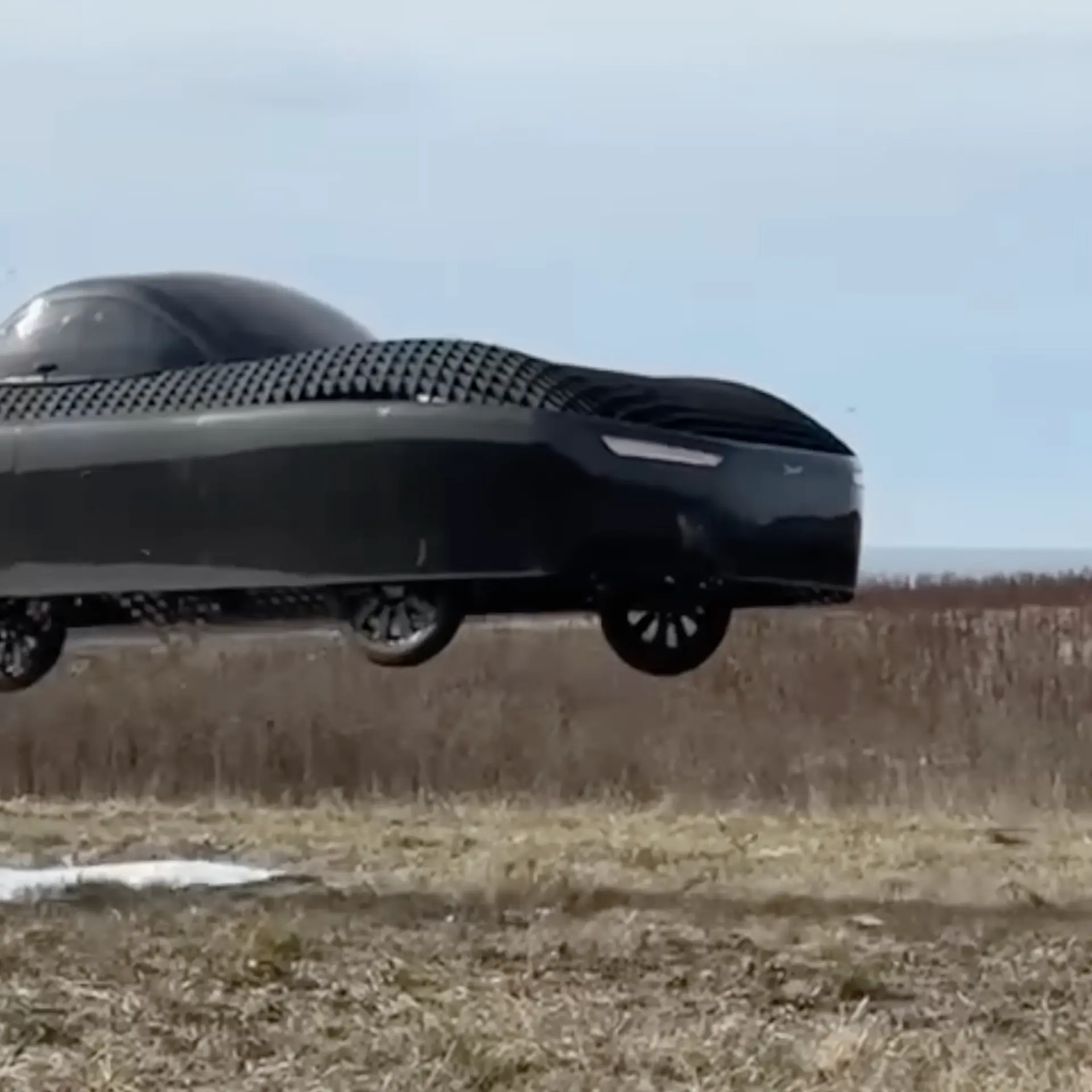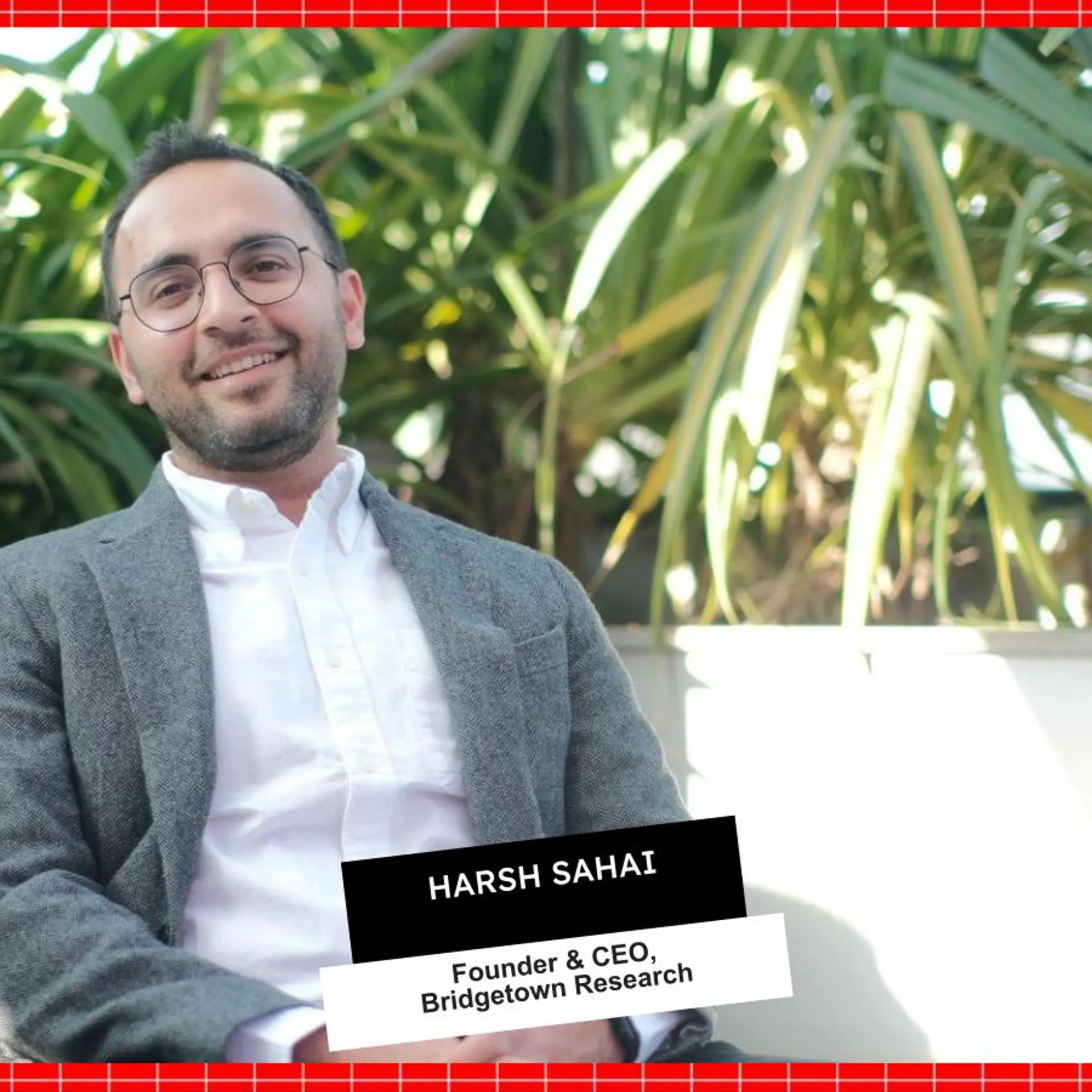How is Jugaad Innovation spreading to the West
“Jugaad” is a word that often describes a solution or a product that uses unconventional and generally low-cost methods. Jaideep Prabhu and his co-authors took an idiomatic Hindi term, Jugaad, and used it to explain a growing phenomenon in emerging economies in their book Jugaad Innovation. At BRAC Frugal Innovation Forum held in Dhaka, Bangladesh, SocialStory talked to Jaideep Prabhu talks about Jugaad Innovation and how it can and is making a difference in the lives of people around the world.
Jaideep grew up in India and attended IIT Delhi, before pursing his PhD in the University of Southern California. He is now a professor of marketing at the Judge Business School of Cambridge University. Five years ago, he shifted his research focus from Western companies to emerging economies. He says that he was fascinated by “how both large companies and small start-ups, even Non-Government Organizations, were innovating for and with low income communities.” In this video, he tells us that emerging economies use three methods that make them effective; they are frugal, flexible and inclusive.
Jugaad Innovation isn’t a concept that is only limited to Asian and African counties; is also spreading in the West particularly through young entrepreneurs. Jaideep talks about Design for America, a young company that used frugality, flexibility and inclusiveness to combat the problem of hospital acquired infections in America, which kills up to a 100,000 people each year. He also discusses Raspberry Pi, which creates computers that cost only $30.
Jaideep says that Jugaad Innovation is interesting to study because it provides powerful solutions for unmet needs in education, healthcare etc. Watch Jaideep Prabhu explain the complex nuances that the word Jugaad takes on when it is contextualized in this emerging innovation model.
Find more about Jugaad Innovation here
This article is part of a series of interviews that were taken at the 2014 BRAC Frugal Innovation Forum: Scaling Digitally. Please visit here to find other article in the series.







